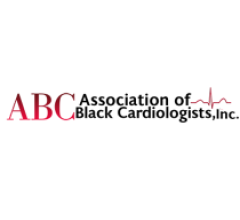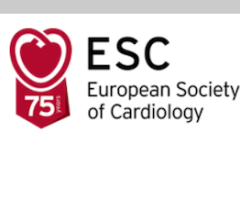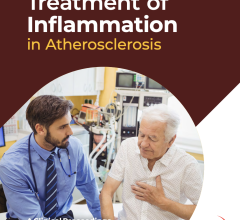
Photo credit: Getty Images
September 28, 2022 — George Washington University researchers have found that post-stroke language and orientation impairments predicted recurrent stroke, while attention deficit impairment was associated with increased risk of death. The study, “Post-stroke cognitive impairment and the risk of stroke recurrence and death in patients with insulin resistance,” is published in the October 1, 2022 issue of the Journal of Stroke and Cerebrovascular Diseases.
The study performed a secondary analysis on stroke patients with insulin resistance – a known risk factor for stroke– to see if cognitive impairment increased the risk of a stroke recurrence or death. The patients were part of the National Institute of Neurological Disorders and Stroke’s NIH Insulin Resistance Intervention After Stroke Trial.
Conducted by Zurab Nadareishvili, MD, corresponding author and associate professor in the GW University Department of Neurology and Rehabilitation and his colleagues, the study found that impaired language was associated with a 35% increased risk of stroke recurrence, and orientation impairment was associated with a 41% increase in stroke recurrence. The researchers also found that impaired attention was associated with a 34% increase in risk of all-cause mortality. All these associations were independent of demographics, vascular risk factors, stroke cause and severity, as well as treatment including study drug assignment.
“This research highlights the importance of cognitive testing of patients around 3 months after stroke to better identify those at higher risk of stroke recurrence and death,” said Nadareishvili. “Further research is needed to better understand how these cognitive impairments increase the risk of stroke, and more work should be done to better identify how to best treat patients at a higher risk.”
In addition to Dr. Nadareishvili, Kat Schmidt, previously a master’s student in GW’s Milken School for Public Health, was lead author on the paper. Schmidt is currently a Biostatistician at the Henry Jackson Foundation, as well as a teaching assistant for graduate classes at GW. Other members of the research team included Adam Ciarleglio, assistant professor of biostatistics in GW’s Milken Institute School of Public Health, and Melinda Power, ScD, associate professor of epidemiology and Director of the GW Institute for Brain Health and Dementia. Nadareishvili and Ciarleglio are senior authors of the paper.
Study in Summary
Objective:
Post-stroke cognitive impairment (PSCI) is associated with etiology, severity, and functional outcome of stroke. The risks of recurrent stroke and death in patients with PSCI and insulin resistance (IR) is unknown. The goal of this study was to determine whether global and domain-specific cognitive impairment after stroke in patients with IR was associated with recurrent stroke and death.
Materials and Methods:
The research team studied patients with recent stroke or transient ischemic attack (TIA) and IR with a baseline Modified Mini-Mental State Examination (3MS) cognitive exam at median of 79 days after stroke. They considered a baseline score of ≤ 88 on the 3MS to indicate global cognitive impairment, and domain-specific summary scores in the lowest quartile to indicate language, attention, orientation, memory and visuospatial impairments. The primary endpoint was fatal or non-fatal recurrent stroke, and the secondary endpoints were all-cause mortality, and fatal or non-fatal myocardial infarction (MI).
Results:
Among studied n = 3,338 patients 13.6% had global cognitive impairment. During the median 4.96 years of follow-up, 7.4% patients experienced recurrent stroke, 3.5% MI, and 7.3% died. In the fully adjusted model, impairment in language (HR 1.35; 95% CI 1.01—1.81) and orientation (HR 1.41; 95% CI: 1.06—1.87) were associated with a higher risk of recurrent stroke, while attention impairment was associated with all-cause mortality (HR 1.34; 95% CI: 1.01—1.78).
Conclusion:
In patients with recent stroke/TIA and IR, post-stroke language and orientation impairments independently predicted recurrent stroke, while attention deficit was associated with increased risk of all-cause mortality.
As noted by the authors, in patients with post-stroke cognitive impairment, the risk factors that contribute to stroke recurrence or death in certain populations is still unknown. They contend that a better understanding of who is at risk for a stroke recurrence or death would allow clinicians to better identify, monitor and treat stroke patients at a higher risk, which could potentially prevent stroke recurrence and save lives.
Related Coverage:
https://www.itnonline.com/content/cac-scoring-ct-scans-proves-be-powerful-tool-physicians


 February 04, 2026
February 04, 2026 









